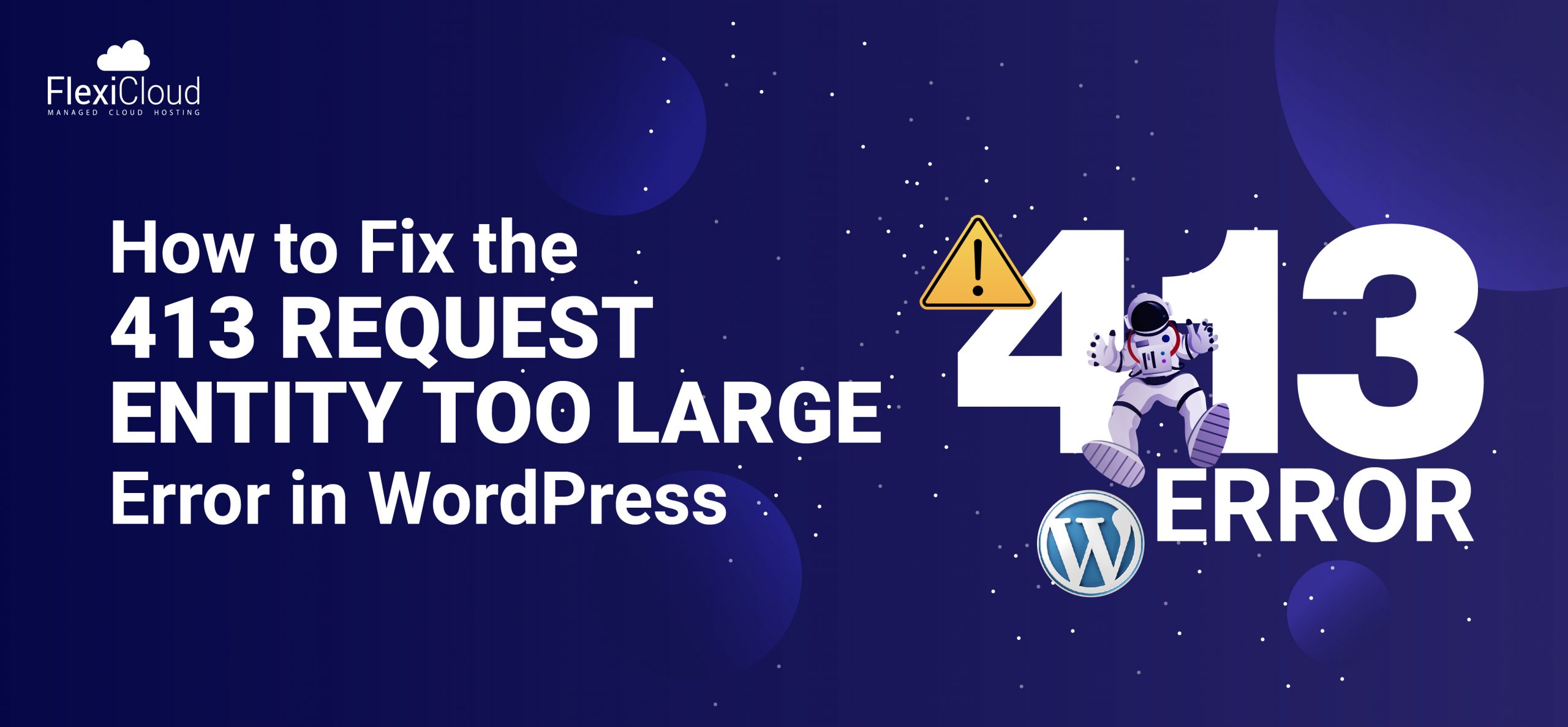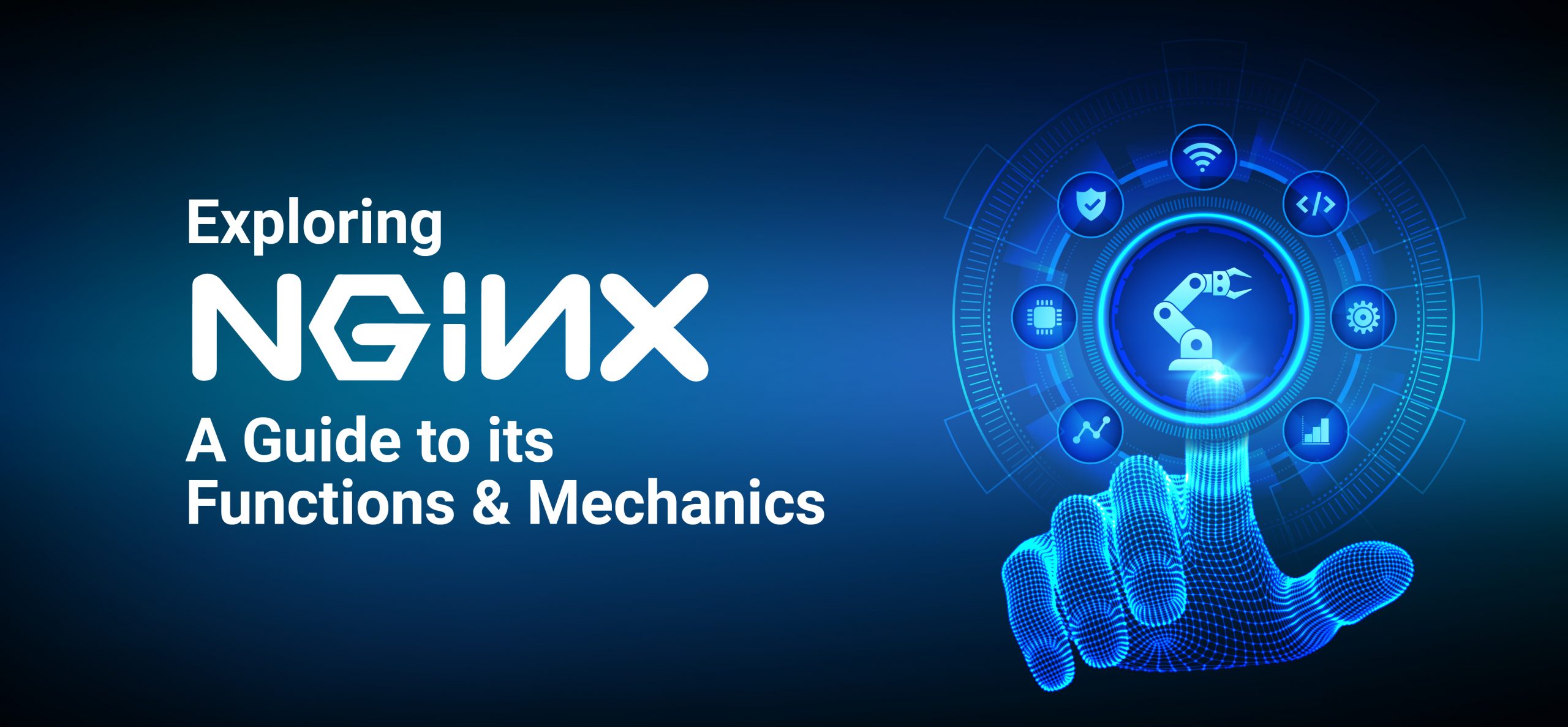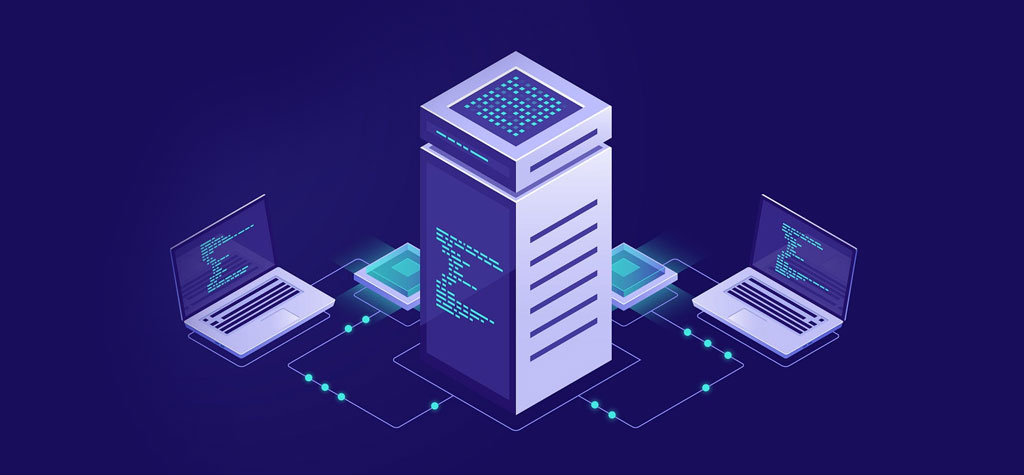Table of Contents
Introduction
In the realm of relational database management systems (RDBMS), MySQL and PostgreSQL stand out as powerful open-source options. Choosing the right database for your project is a critical decision, and in this comprehensive guide, we will thoroughly compare MySQL and PostgreSQL across various aspects to help you make an informed choice.
What is RDBMS?
Relational Database Management System (RDBMS) is a type of database management system that organises data into structured tables with rows and columns. It follows the principles of the relational model, which was introduced by Edgar F. Codd in the early 1970s. RDBMS is a powerful and widely used approach to manage and manipulate structured data, providing a systematic way to store, organise, and retrieve information.
Relational Database Management Systems (RDBMS) find widespread use across various industries and applications due to their structured and organised approach to data management.
What is MySQL?
MySQL is an open-source relational database management system (RDBMS) that uses Structured Query Language (SQL). Developed by Oracle Corporation, it is one of the most widely used database systems globally. MySQL is known for its ease of use, scalability, and active community support. It is commonly employed for managing and organising structured data in various applications, ranging from small-scale projects to large-scale enterprise systems. MySQL supports multiple storage engines, transactions, and provides robust features for data security and integrity. As an open-source solution, MySQL is freely available for use and has a substantial ecosystem of tools and resources.
Advantages of MySQL:
- Ease of Use: MySQL is known for its user-friendly interface and easy setup, making it accessible for both beginners and experienced developers.
- Scalability: It provides horizontal scalability options, allowing for the distribution of data across multiple servers, making it suitable for growing applications.
- Community Support: MySQL has a large and active community, ensuring a wealth of resources, tutorials, and support.
- Performance: Well-suited for read-heavy workloads, MySQL excels in scenarios where quick data retrieval is crucial.
- Open Source: MySQL is an open-source database, allowing users to access and modify the source code according to their needs.
Disadvantages of MySQL:
- Limited Advanced Features: Historically, MySQL had fewer advanced features compared to some other databases, although this gap has narrowed with recent releases.
- Ownership Changes: MySQL has experienced changes in ownership, with Oracle acquiring Sun Microsystems. This has led to concerns about its future development and open-source nature.
- Strict ACID Compliance: While MySQL is ACID compliant, some argue that other databases, such as PostgreSQL, adhere more strictly to ACID principles, particularly in complex transactions.
- Complexity in Transactions: MySQL might face challenges in handling complex transactions and maintaining consistency in certain scenarios.
What is PostgreSQL?
PostgreSQL, often referred to as Postgres, stands as a robust and feature-rich open-source relational database management system (RDBMS). It is known for its sophisticated capabilities, adherence to industry standards, and a strong focus on data integrity. As an open-source system, PostgreSQL is freely available for use, modification, and distribution. This collaborative nature has fostered a vibrant community of developers and users, contributing to its continual enhancement and adaptability to diverse needs. PostgreSQL’s standout feature lies in its extensibility. Users can tailor the system to their specific requirements by defining custom data types, operators, functions, and even creating procedural languages. This flexibility makes PostgreSQL highly adaptable to a wide array of application scenarios.
Advantages of PostgreSQL:
- Extensibility: PostgreSQL is highly extensible, allowing users to define custom data types, operators, functions, and procedural languages, making it adaptable to various application needs
- Standards Compliance: PostgreSQL strictly adheres to SQL standards, ensuring a consistent and reliable SQL implementation. This makes it easier for developers to work with the database, promoting interoperability.
- Advanced Features: PostgreSQL offers advanced features such as support for complex data types (arrays, JSON, hstore), full-text search capabilities, and a variety of indexing options, providing a rich and comprehensive set of tools for developers.
- ACID Compliance: It strictly follows ACID principles (Atomicity, Consistency, Isolation, Durability), ensuring data integrity and consistency, even in the face of system failures or crashes.
- Concurrency Control: PostgreSQL excels in handling concurrent transactions, making it suitable for applications with high transactional volume and concurrent user activity.
- Scalability: PostgreSQL supports horizontal scaling, allowing it to handle large datasets and grow with the evolving needs of applications.
- Security Features: PostgreSQL includes robust security features, such as SSL support, data encryption, and fine-grained access controls, enhancing data security for applications with stringent requirements.
Disadvantages of PostgreSQL:
- Learning Curve: Due to its extensive feature set and flexibility, PostgreSQL may have a steeper learning curve for beginners compared to simpler database systems.
- Performance: While PostgreSQL performs well in complex queries and write-heavy scenarios, some argue that in certain scenarios, other databases like MySQL might be slightly faster in read-heavy workloads.
- Resource Consumption: PostgreSQL can be resource-intensive, and improper configurations or inefficient queries may lead to increased resource consumption.
- Size of Database: In some cases, the size of a PostgreSQL database might be larger compared to other databases, which could impact storage requirements.
- Third-Party Tools: While PostgreSQL has a wide range of third-party tools, it may not have the same level of compatibility with certain tools as some other database systems.
Which is better MySQL or PostgreSQL?
The choice between MySQL and PostgreSQL depends on various factors, and neither is universally “better” than the other. The suitability of each database system depends on the specific needs and requirements of your project. Here are some considerations to help you decide:
1. Use case
MySQL: Well-suited for read-heavy applications and scenarios where quick data retrieval is crucial. It is commonly used in web applications, content management systems, and other projects with high-read operations.
PostgreSQL: Ideal for applications that require strict adherence to SQL standards, complex queries, and advanced features. It is often chosen for data warehousing, analytical processing, and projects where data integrity is a top priority.
2. Scalability:
MySQL: Known for its horizontal scalability, making it a good choice for growing applications with expanding datasets.
PostgreSQL: Also supports horizontal scaling, making it suitable for applications with increasing demands on data storage and processing.
3. ACID Compliance:
MySQL: ACID compliant, but some argue that PostgreSQL has a more strict adherence to ACID principles.
PostgreSQL: Strict adherence to ACID principles, making it a strong choice for applications where data integrity and consistency are critical.
4. Flexibility and Extensibility:
MySQL: Offers flexibility and has become more extensible with recent releases, allowing for custom data types and features.
PostgreSQL: Highly extensible, enabling users to define custom data types, operators, functions, and procedural languages.
5. Learning Curve:
MySQL: Known for its simplicity and ease of use, making it more accessible for beginners.
PostgreSQL: It may have a steeper learning curve due to its extensive feature set and advanced capabilities.
6. Community and Support:
MySQL: Boasts a large and active community, providing ample resources and support.
PostgreSQL: Also has a strong community with a focus on open-source principles, contributing to ongoing development and support.
7. Performance:
MySQL is often praised for its performance in read-heavy workloads.
PostgreSQL excels at handling complex queries and write-heavy scenarios, but performance can vary depending on specific use cases.
Conclusion
Ultimately, the “better” choice depends on your specific project requirements, preferences, and the expertise of your development team. Both MySQL and PostgreSQL are powerful, reliable, and widely used, so consider factors like data integrity, SQL compliance, and scalability when making your decision.
TRENDING OFFER







